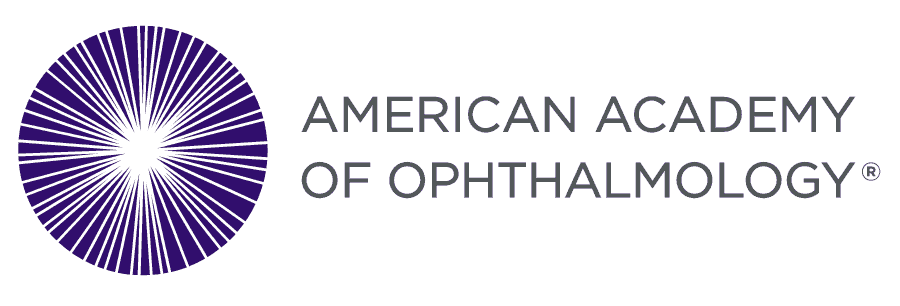Diabetic eye disease is a group of eye problems that people with diabetes may face as a complication of the disease. Anyone with diabetes is at risk for vision loss or blindness from diabetic eye disease. Unfortunately, diabetic eye disease has no warning signs, however, early detection and timely treatment can help reduce the risks. An annual, comprehensive dilated eye examination is one of the best ways to detect early signs of diabetic eye disease. Taking your diabetic medication as prescribed, maintaining a healthy diet, staying physically active, maintaining a healthy weight, and refraining from smoking can also help control your diabetes which lessens your risks of diabetic eye disease.
Ways that diabetic eye disease may affect your eyes:
- Cataract: Clouding of the lens of the eye
- Diabetic retinopathy: damage to the blood vessels in the retina
- Glaucoma: increases the fluid pressure inside your eye and leads to optic nerve damage and loss of vision
Diabetic retinopathy is the most common diabetic eye disease. And, the longer you have diabetes, the more likely you are to get diabetic retinopathy.
The great news is that diabetic retinopathy can be treated to reduce the risk of blindness by 90% when detected early. Laser treatments have been used successfully for decades. More recently medications have been developed which greatly improve treatment options. As with all conditions, early evaluation and treatment yields the greatest success.
Based on a clinical trial by the DCCT (Diabetes Control and Complications Trial), controlling blood sugar levels slows the onset and progression of diabetic retinopathy and the need for laser surgery with severe diabetic retinopathy is lessened.
It is a good idea to have an annual comprehensive eye examination even if you do not suffer from diabetes and especially if you’ve experienced any visual problems. If you suffer from diabetes, make sure you have a comprehensive eye examination with dilation each year. Make an appointment with our experienced fellowship trained retinal specialist today. Call 954-741-5555







